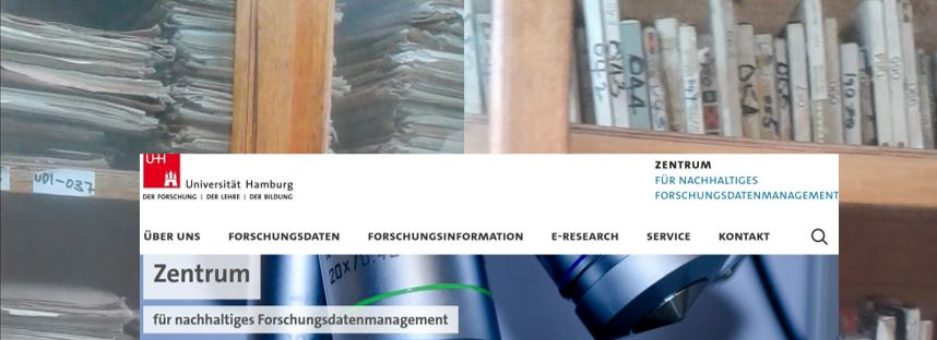An obituary on Alhaji Bakari Kebba Sidibe
We as members of the Department of African Language Science of the University of Hamburg are very grateful to have the opportunity to cooperate with our partners at the Research and Documentation Division (RDD), National Center of Arts and Culture (NCAC), in the project “NCAC National Digital Archive of The Gambia – Alhaji Bakari Kebba Sidibe” since 2016.
“This morning Mr. Sidibe passed away.”
Given his great age, this message – on the 5th of August 2021 – was not unexpected. Nevertheless, it troubled our minds and saddened our hearts. Baaba, Faa Baakari or simply Mr. Sidibe – as most of us used to call him – was a father to us in many ways: He was THE authority in the field of the history of Senegambia, Guinea-Bissau, Guinea and Mali. He was an invaluable source on any aspect of cultural and social anthropology concerning the culturally diverse nation of The Gambia and its sub-region. One could raise questions with him about linguistically difficult phrases in Mandinka – phrases containing rarely used words or phrases which included the flamboyant lexis found in the jali (griot) accounts. He was also a great friend of humor and laughter. One of his favorite fields of research was the dankutoo and sanawuyaa – the joking relationships between relatives, inhabitants of certain regions as well as between certain peoples of The Gambia. Mr. Sidibe’s attentive way of answering any question asked of him made him the first ‘port of call’ for many scholars working in The Gambia, and his elegant speech particularly in Mandinka and English was both impressive and inspiring. Furthermore, his willingness to help was not limited to the academic field; one could also seek advice on personal or family problems from Mr. Sidibe.
He was a founding father of African historical ethnography. From the very beginning of his career, his main goal was to represent African perspectives on Africa, on its history, peoples and cultures. Thus, his research was not restricted to colonial or European sources and opinions on Africa. Starting in the 1960s, he travelled tirelessly, collecting the intangible heritage: oral traditions and various kinds of spoken art; his interviews with contemporary witnesses (recorded on tapes and cassettes), and his production of audio transcriptions, translations and analysis of these recordings left a treasure of knowledge still to be found in the archives of the RDD of The Gambia. Mr. Sidibe was also a strategist and political activist who advanced his ideas for a steady growth of the RDD collection. He initiated a law that any researcher who did research recordings of any kind in The Gambia was obliged to submit a copy to the RDD collection. By this rule, which is still in effect, the RDD collection has grown to more than 5,000 recordings, which is unrivaled in Africa. In his concern for national identity and education he was the prime mover of the National Museum foundation project, which is dedicated to the tangible cultural heritage of The Gambia.
Much more could be said about Mr. Sidibe’s life and career not only as a collector of The Gambia’s intangible as well as tangible heritage, but also concerning his various publications, his networking and political engagement. He left a great pool of themes and topics for further research, and our duty as Africanists is to continue the work he began. We will try hard to keep this spirit alive by preserving and augmenting this rich heritage.
On behalf of the entire team of the project led by Prof. Dr. Henning Schreiber in Hamburg as well as the external team in The Gambia, led by Gibril Touray, we express our heartfelt condolences to the entire Sidibe Family. May his soul rest in perfect peace.
Dr. Katrin Pfeiffer, University of Hamburg
